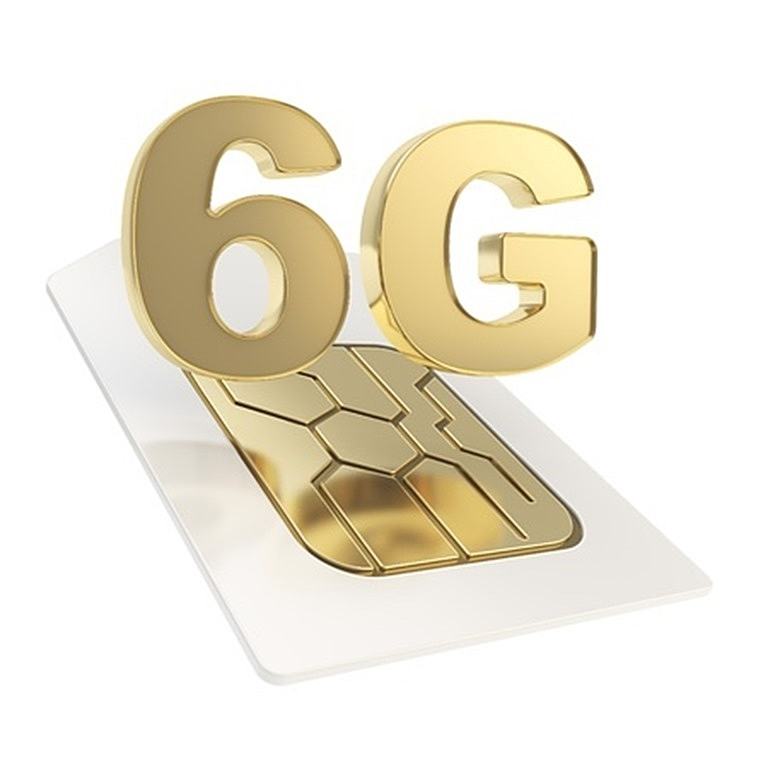
The Government of South Korea has set somewhat of a marker down for the world this week after announcing that they would aim to bring forward the timetable for launching the first commercial 6G based mobile network, which would see it being introduced from 2028 instead of 2030 (with pre-6G trials staring in 2026).
At present, the 6G standard is still in the early R&D phase, and most people didn’t expect to see the first commercial builds until around 2030. But it is widely expected to be aiming for theoretical peak data rates of up to 1Tbps (Terabits per second) – or 1000Gbps if you prefer – and may be able to harness radio spectrum up to the TeraHertz (THz) bands, while also using AI optimisations, new antenna designs and other changes to improve network efficiency.
However, hitting such speeds in the real-world is a much bigger challenge, due to various reasons, such as the highly variable mobile environment (weather, buildings, trees and device choice all impact signal quality). Not to mention the high cost of needing to deploy an extremely dense and complex network, which is needed to help overcome the huge problems with weak signals and other obstacles (e.g. building lots of new masts tends to upset people).







